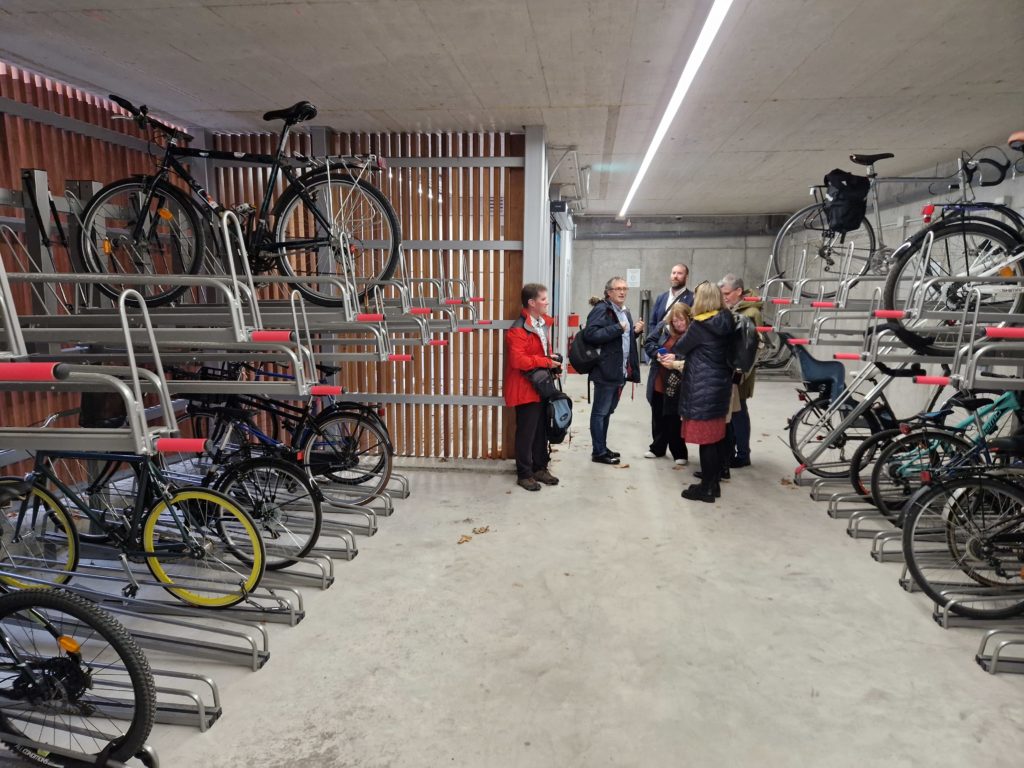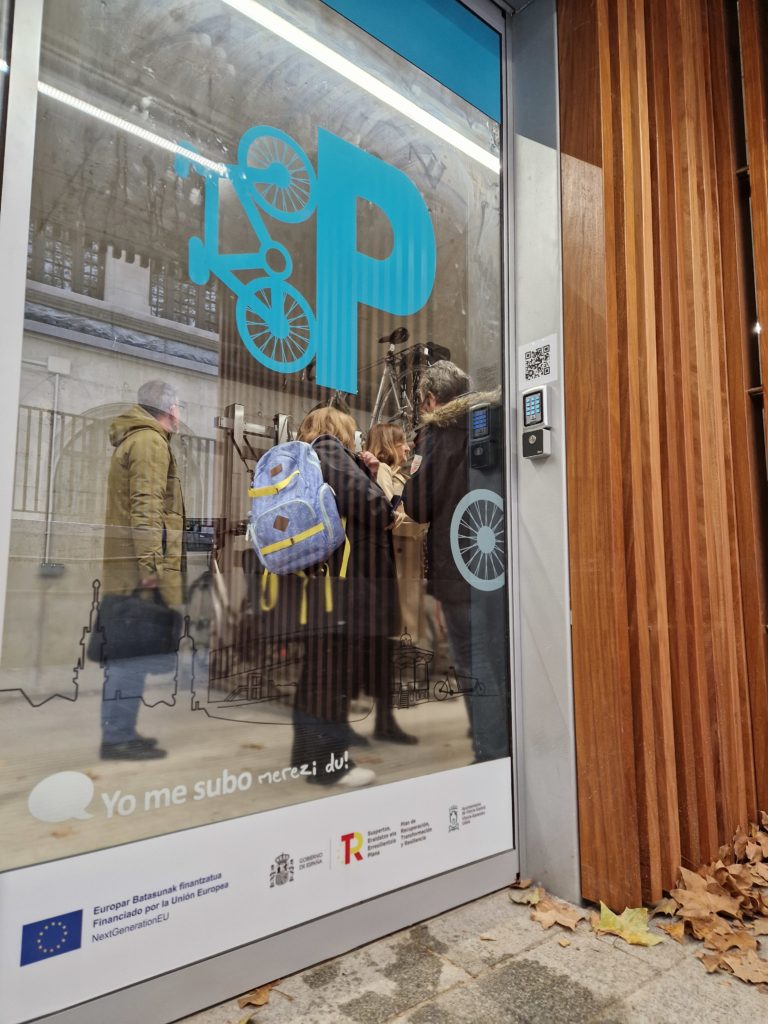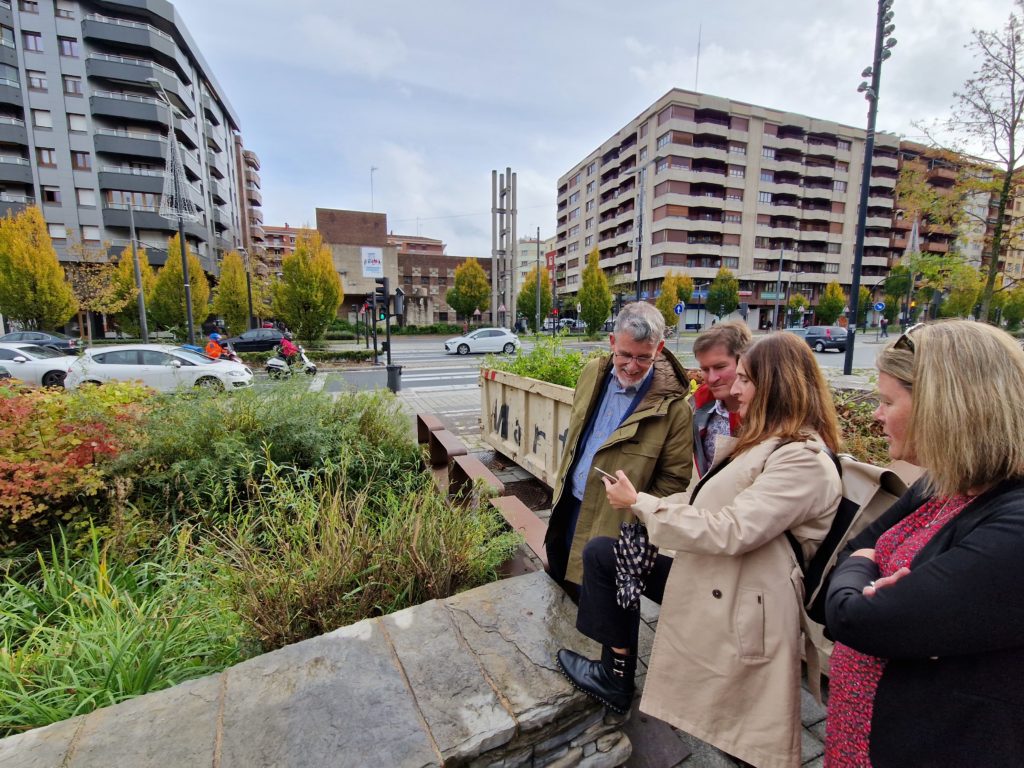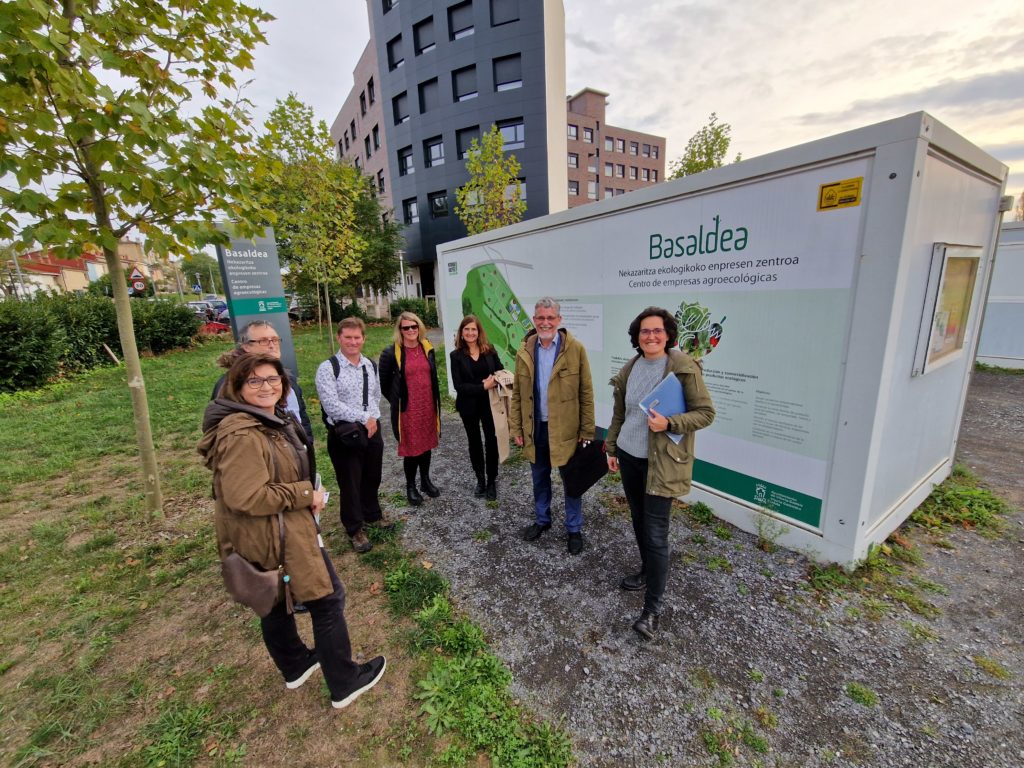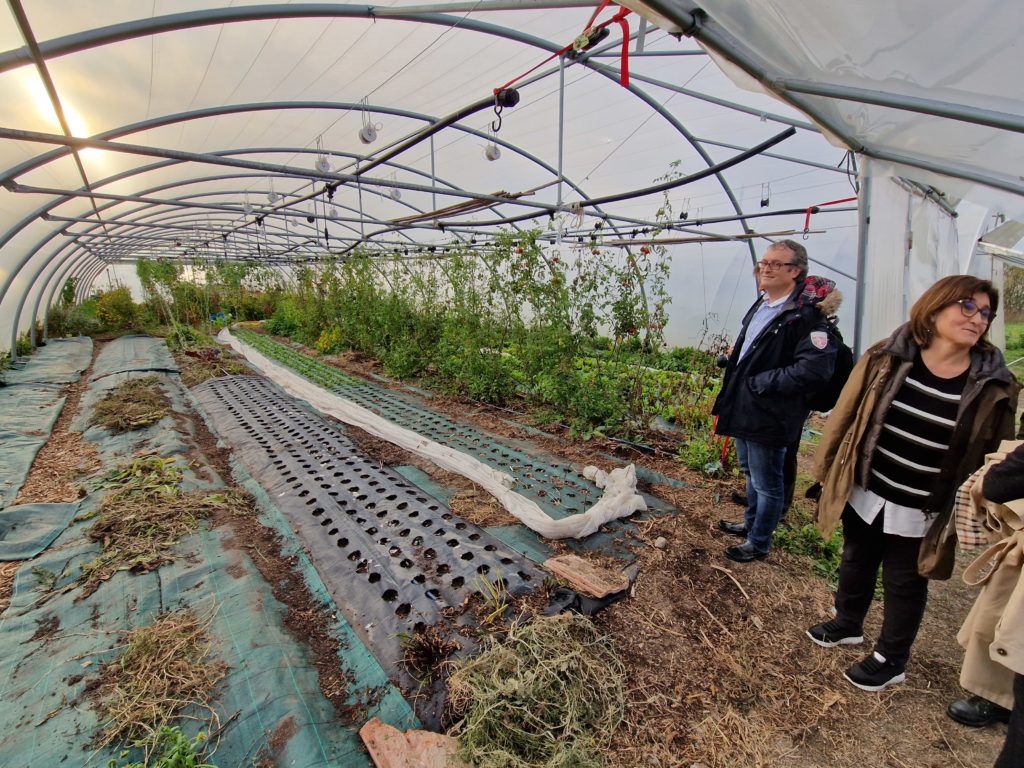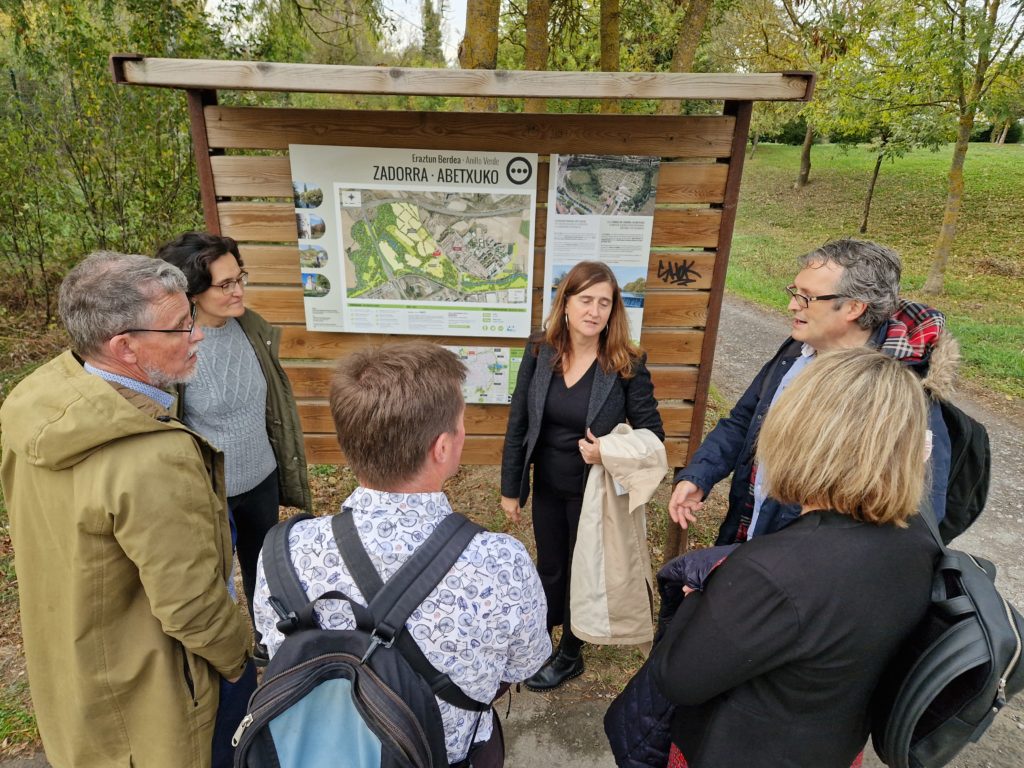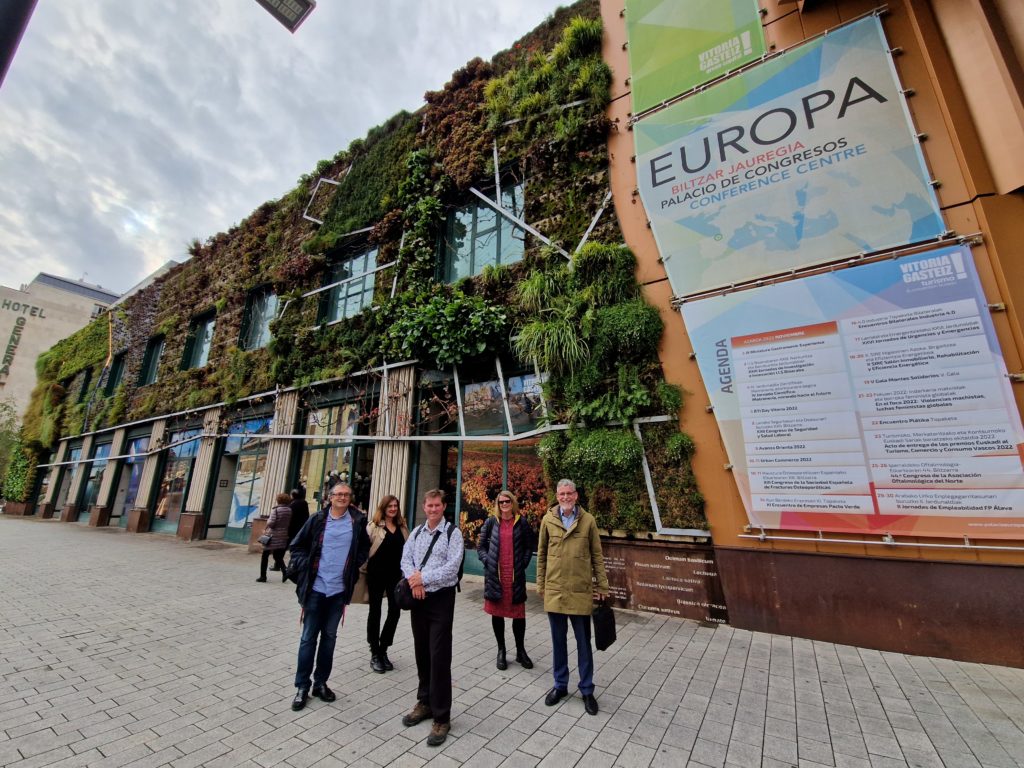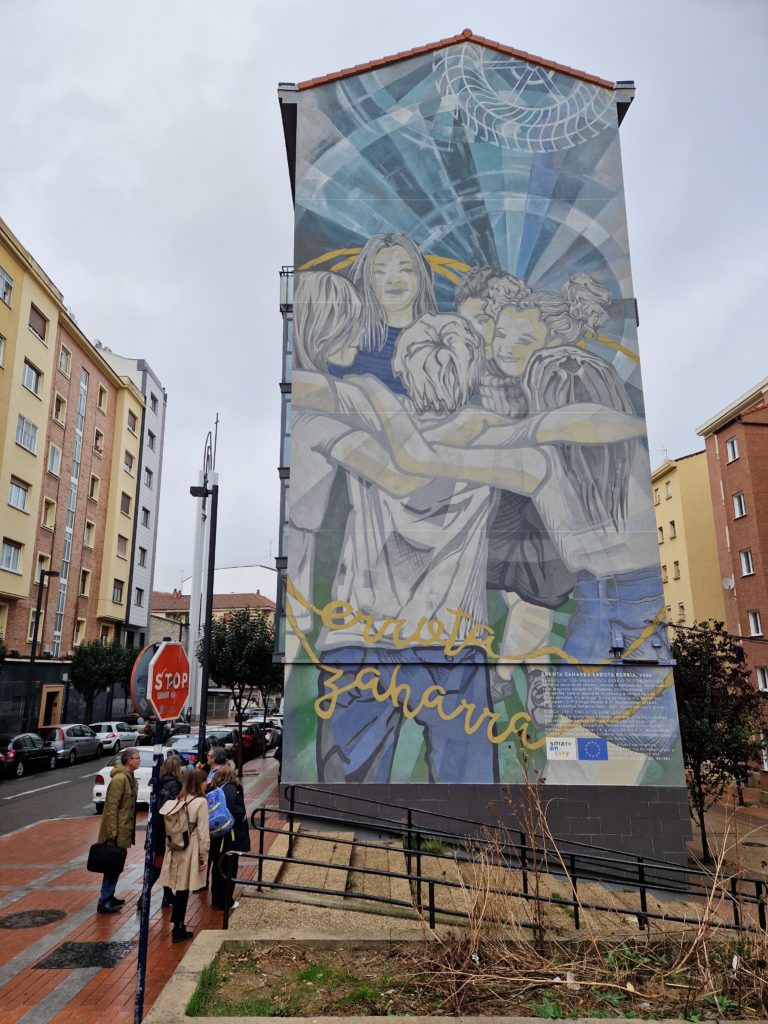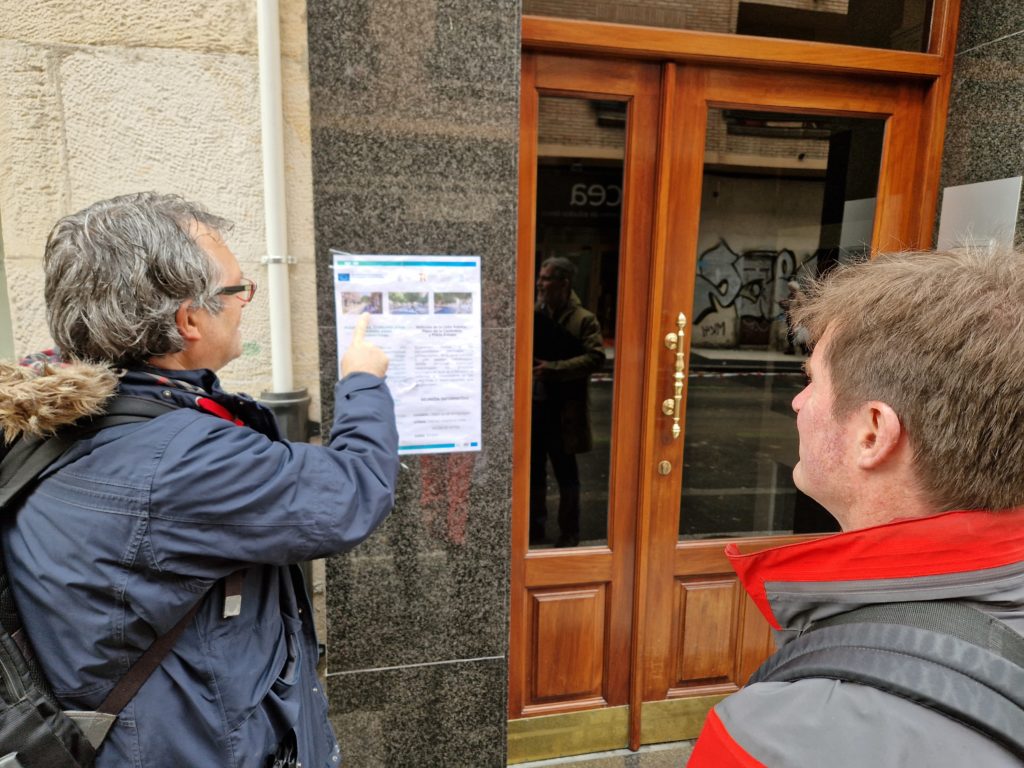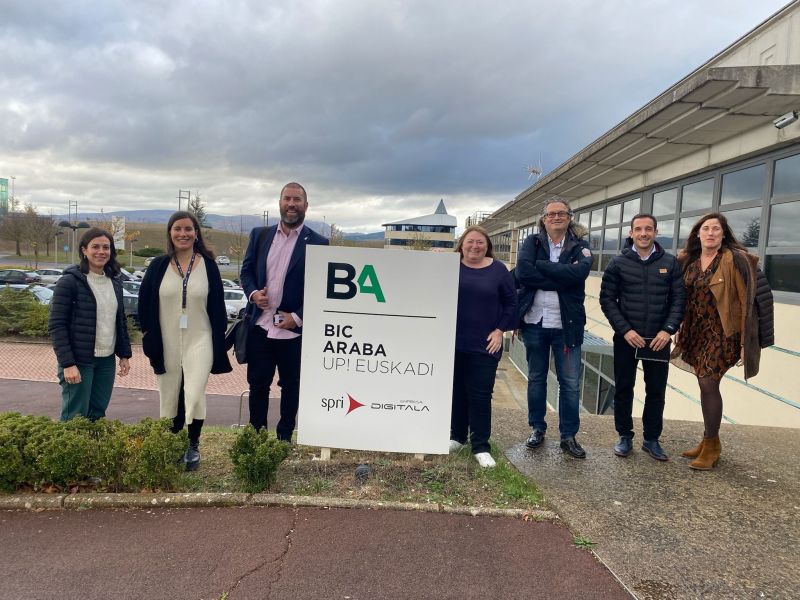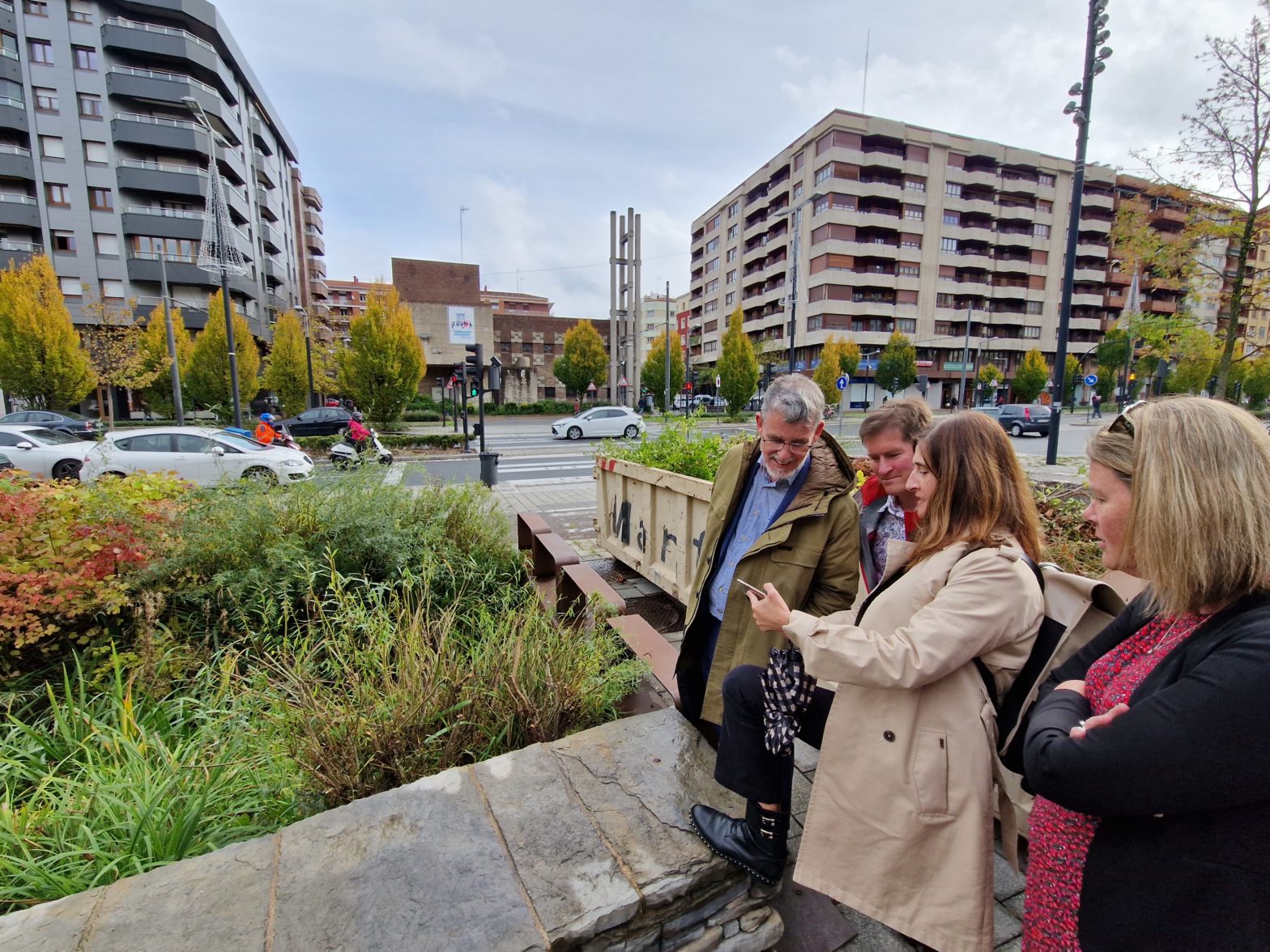A delegation of four delegates from Christchurch City Council institutions supported by Prof. Paul Dalziel from Lincoln University – who coordinates IURC activities in New Zealand – participated in a series of meetings on climate action, innovation ecosystems and smart city strategies in Europe. The programme started with a two-day workshop in Brussels consisting of a regional event for cities from Europe, Asia and Australasia and a global event for IURC pilot cities also from other regions of the world (North- and Latin America). Here, Christchurch and Malaga delegates presented a poster about challenges and solutions in climate resilience, community engagement and green infrastructure.

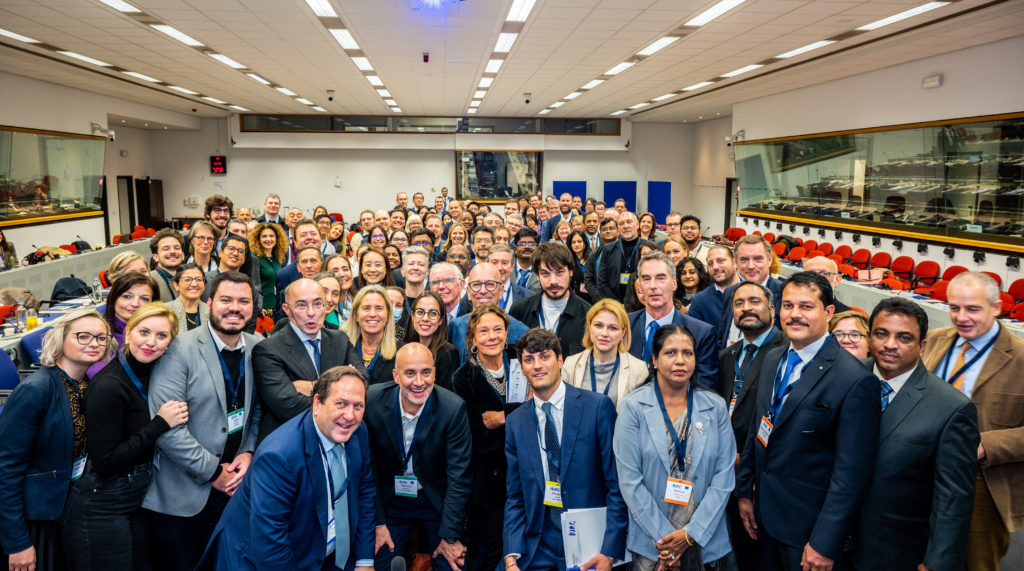
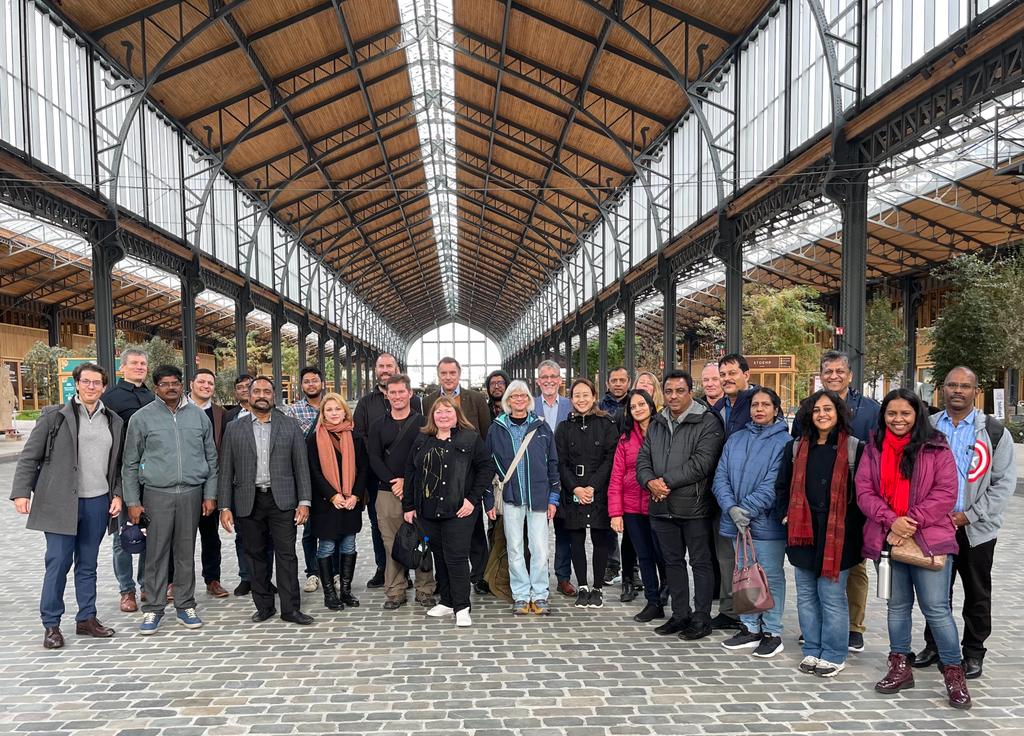
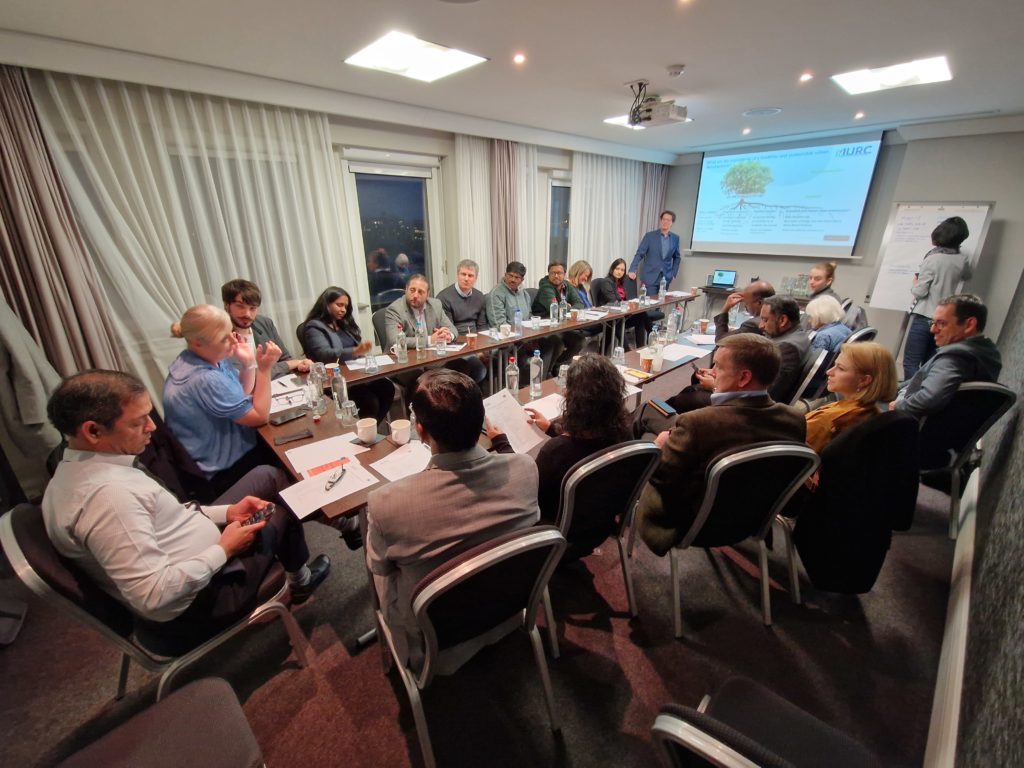
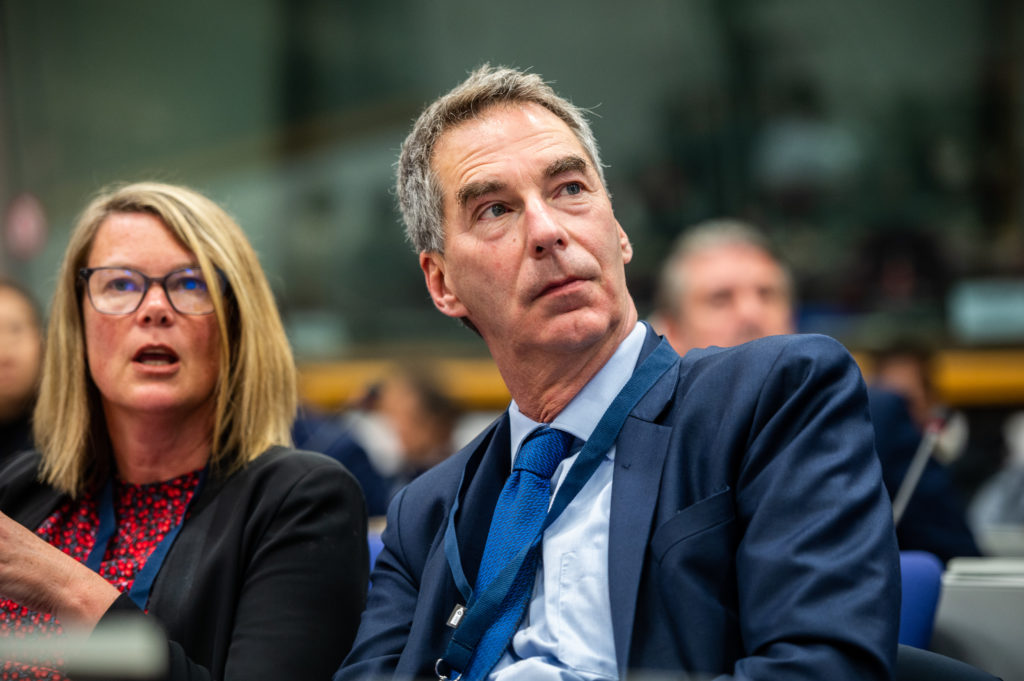
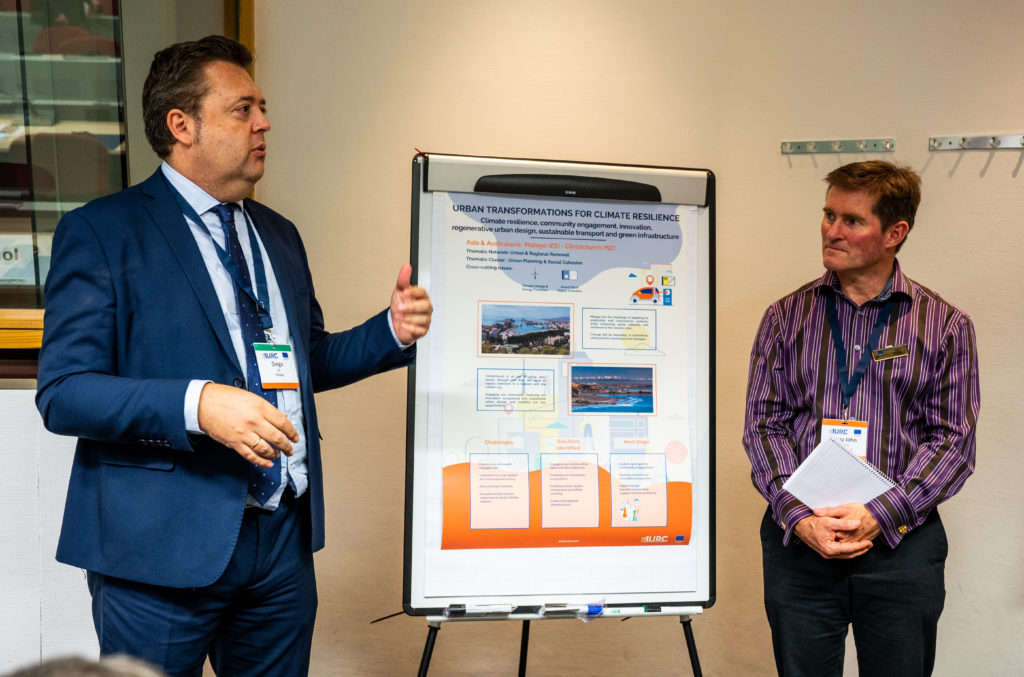
Bilateral cooperation with Málaga started with a half-day workshop at the Municipal Observatory for the Urban Environment (OMAU), where delegates from both cities introduced their challenges and opportunities for cooperation. “Through the 2010/2011 earthquakes we lost 80% of our urban infrastructure in 40 seconds, but the opportunity was for citizens to define what to do in the future — a vision & recovery plan”, stated Tony Moore, Climate Resilience Lead at Christchurch City Council, Jane Morgan, Team Leader for Coastal Adaptation at the Council, introduced several coastal adaptation planning measures implemented in the past decade with the communities, especially with the young generation. Simon Anderson, Regional Development / Business Cluster Manager at ChristchurchNZ, introduced the innovation ecosystem of Christchurch and proposed some cooperation actions with incubators and accelerators. Julianne Hughey, Lead for Smart Christchurch at the Christchurch City Council, introduced the Smart Christchurch app, which features several visualisation areas interesting for Malaga like CO2 emissions, water use, and river level.
From the Málaga side, Pedro Marin, Director of the OMAU, introduced the urban sustainability plan for Málaga, including the main transformation measures of the last 30 years. The city has made a major shift towards low-carbon traffic, including the pedestrianization of vast parts of the city centre, as well as the establishment of a low-emissions zone in other city areas. Further experts from OMAU introduced the climate adaptation strategy as well as the low emissions zone.
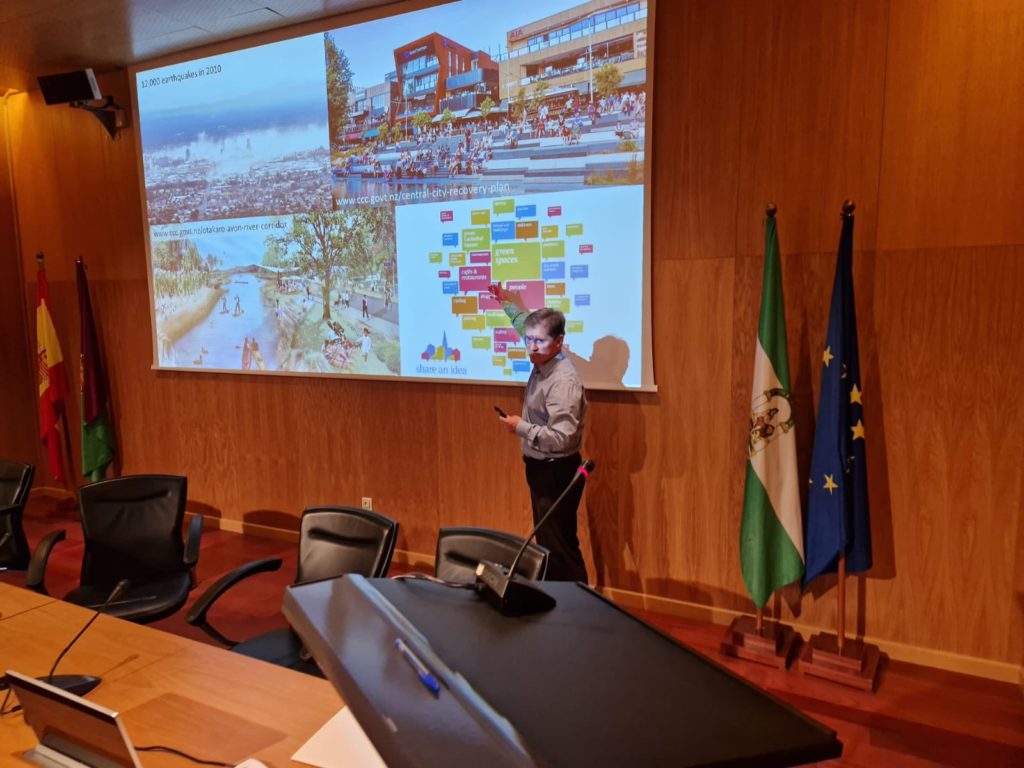
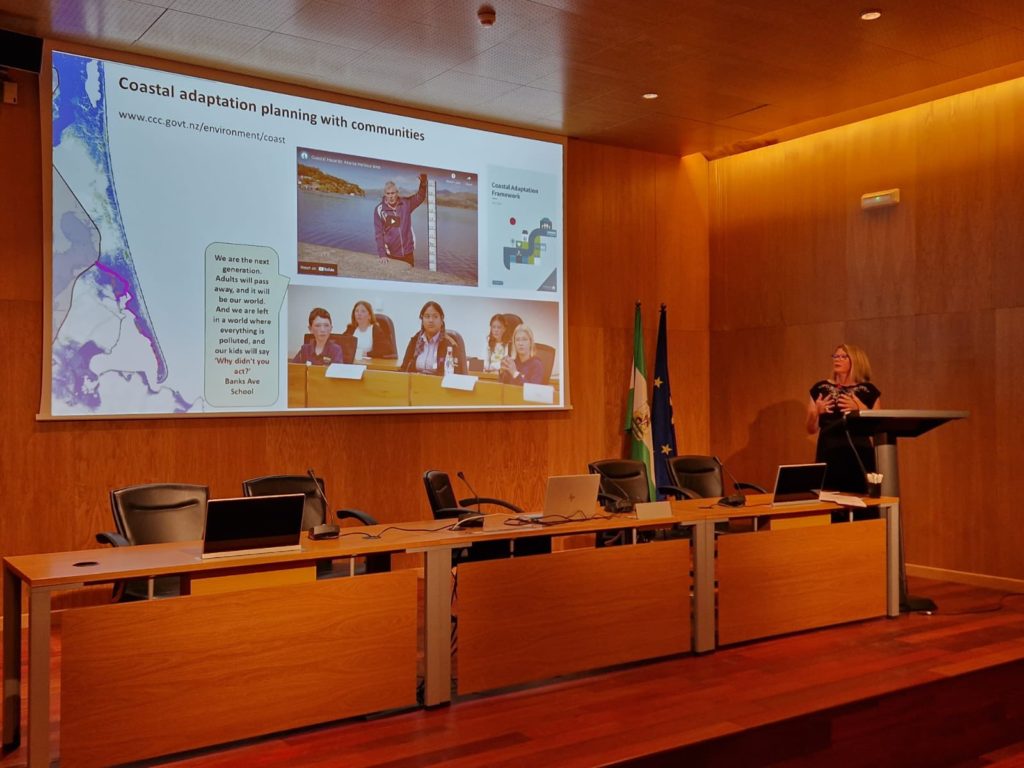
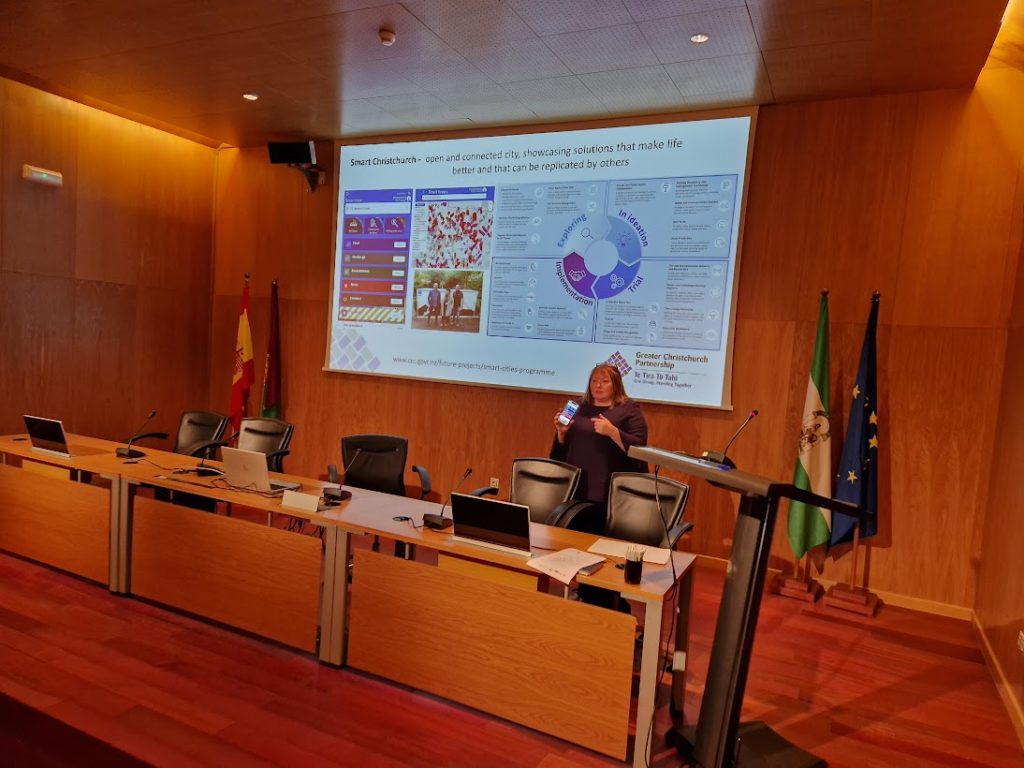
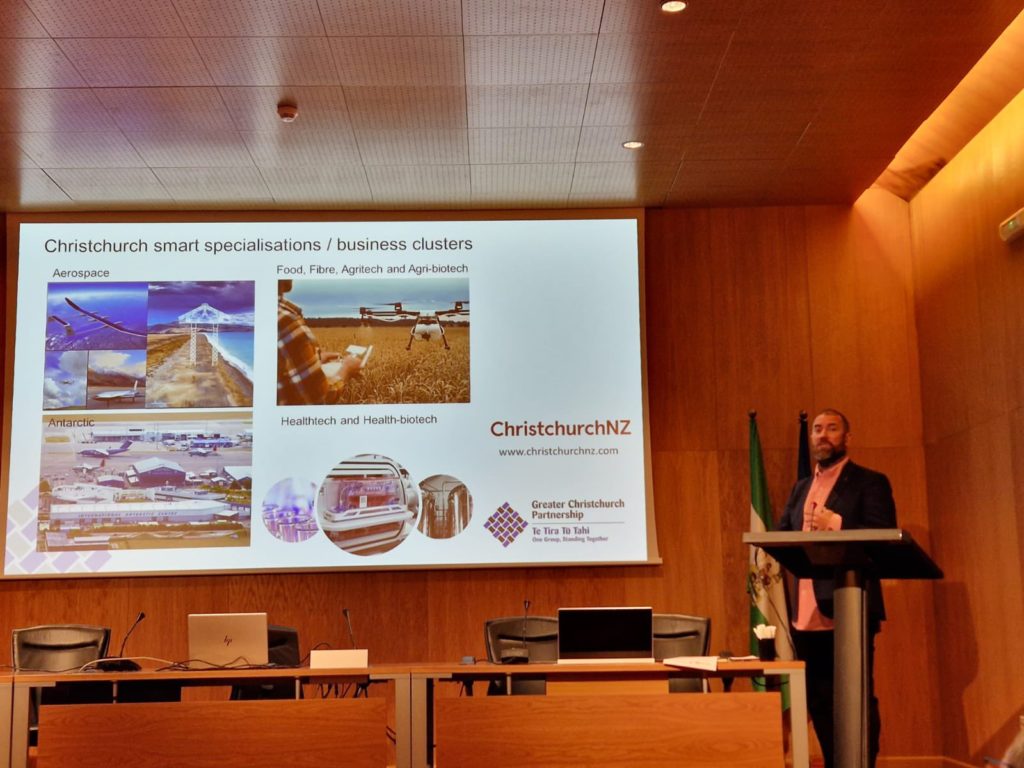
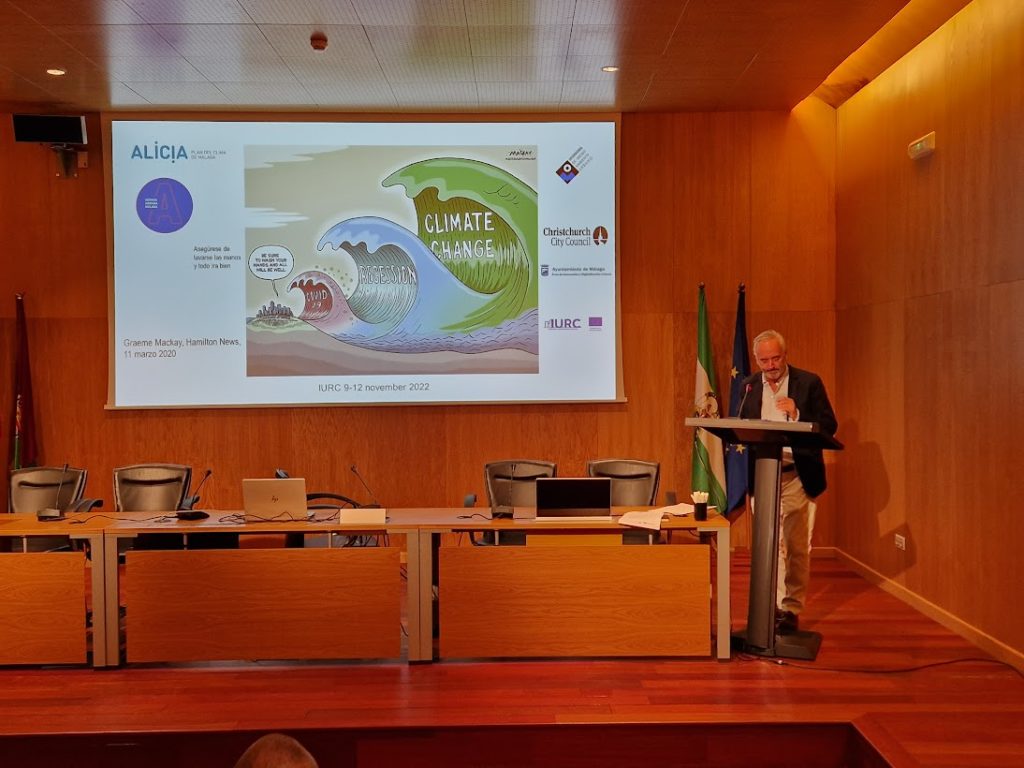
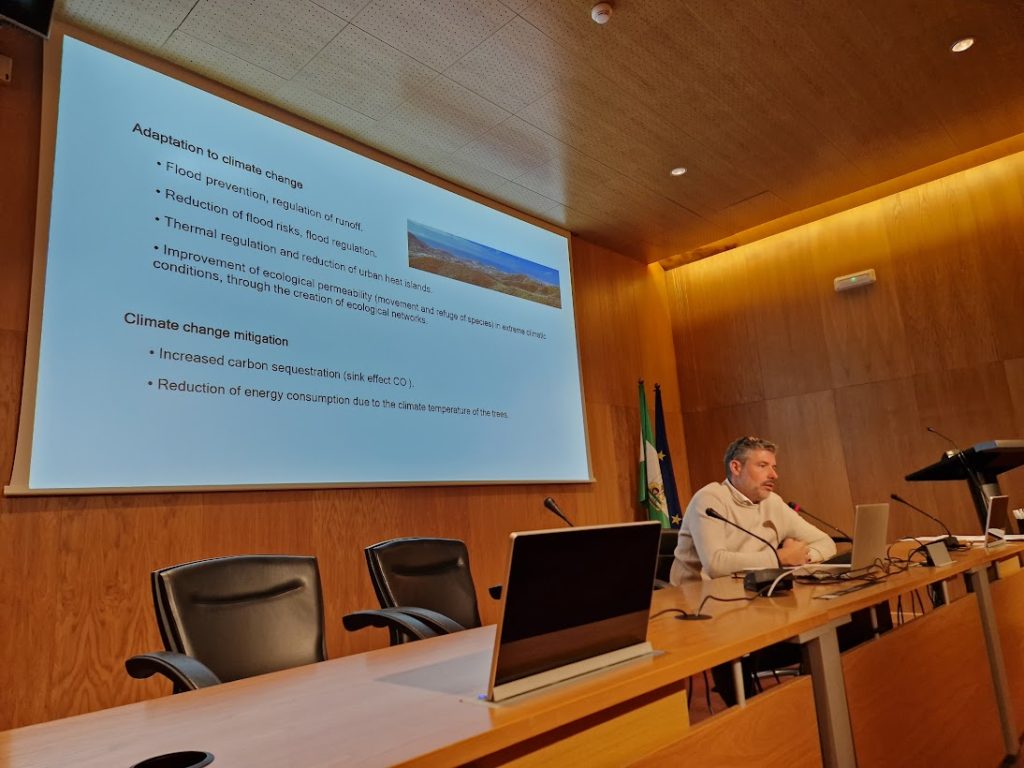
Meetings continued with a site visit at the Innovation Hub LINK of Malaga University as well as with the team coordinating the city’s candidature for the World Expo 2027. “We aim at showcasing #NatureBasedSolutions / #greenInfrastructure to match #sustainableUrbanDevelopment” at expo2027.malaga.eu, stated the city experts. Meetings also included climate adaptation actions in coastal zones.
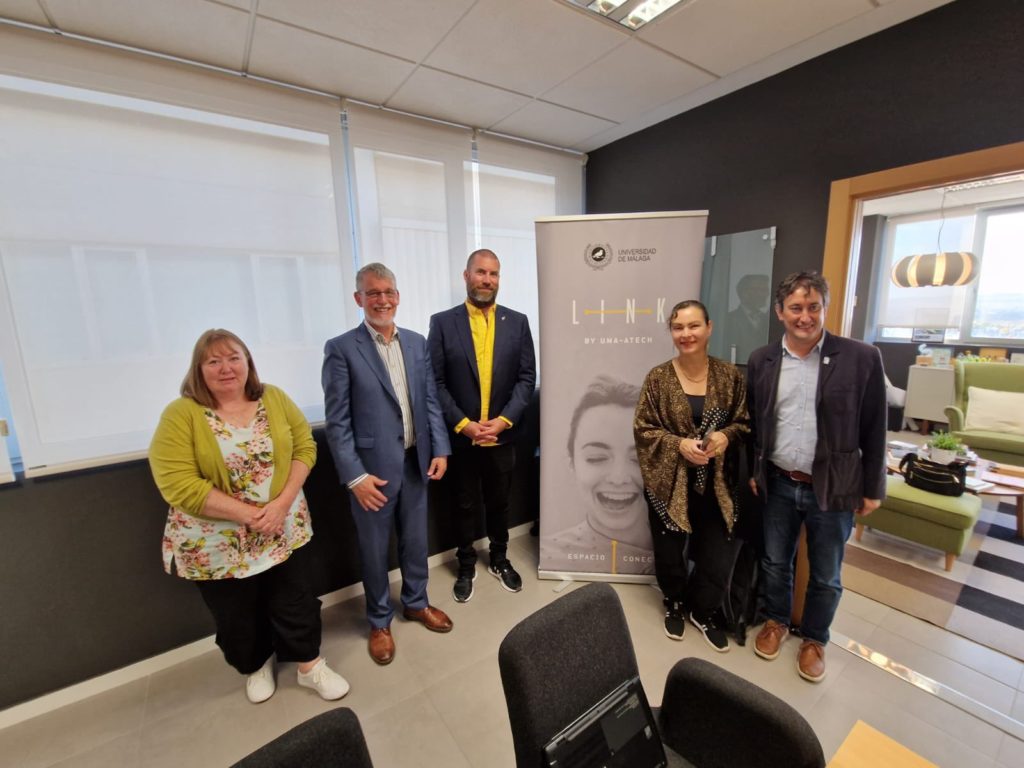
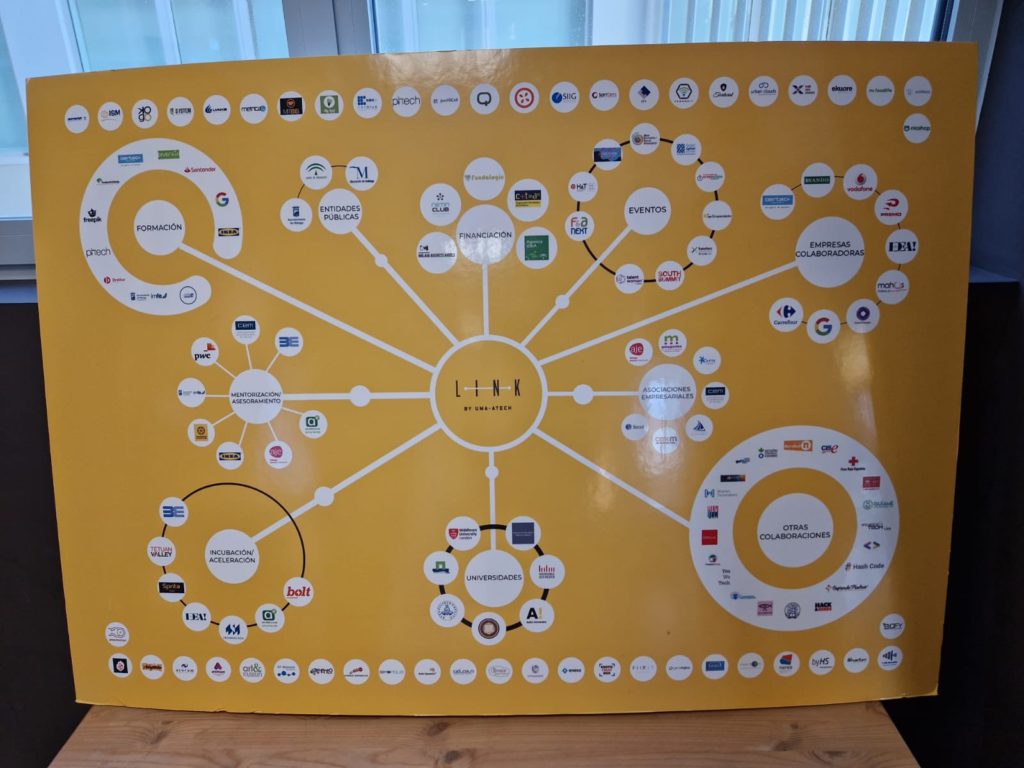
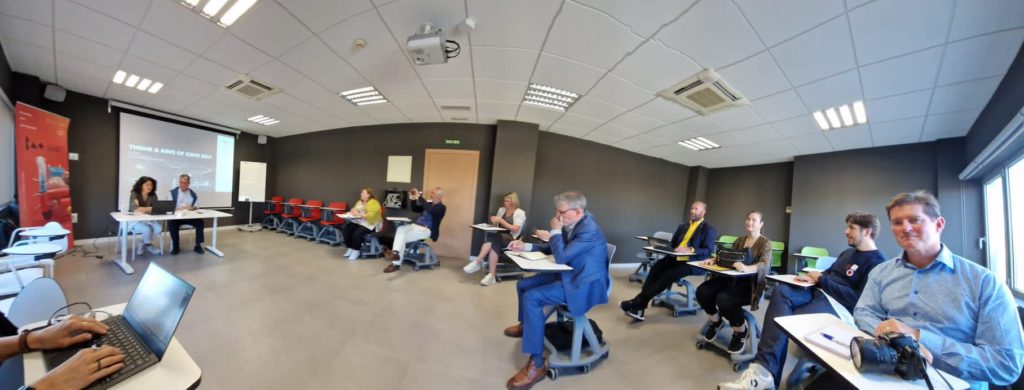
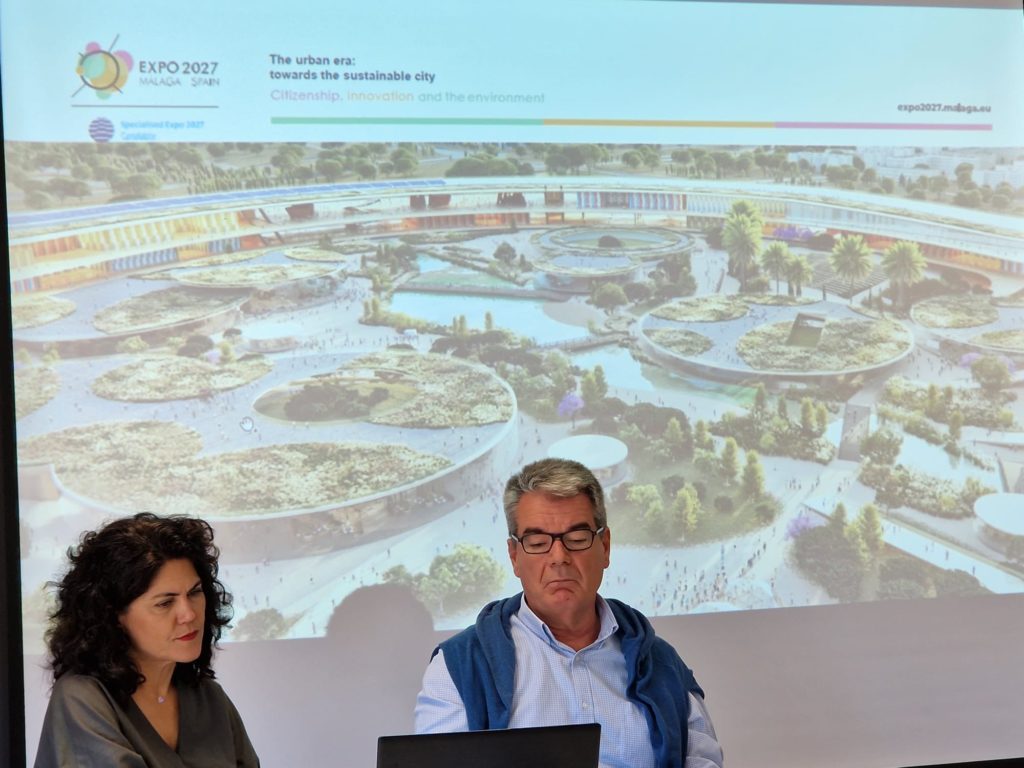
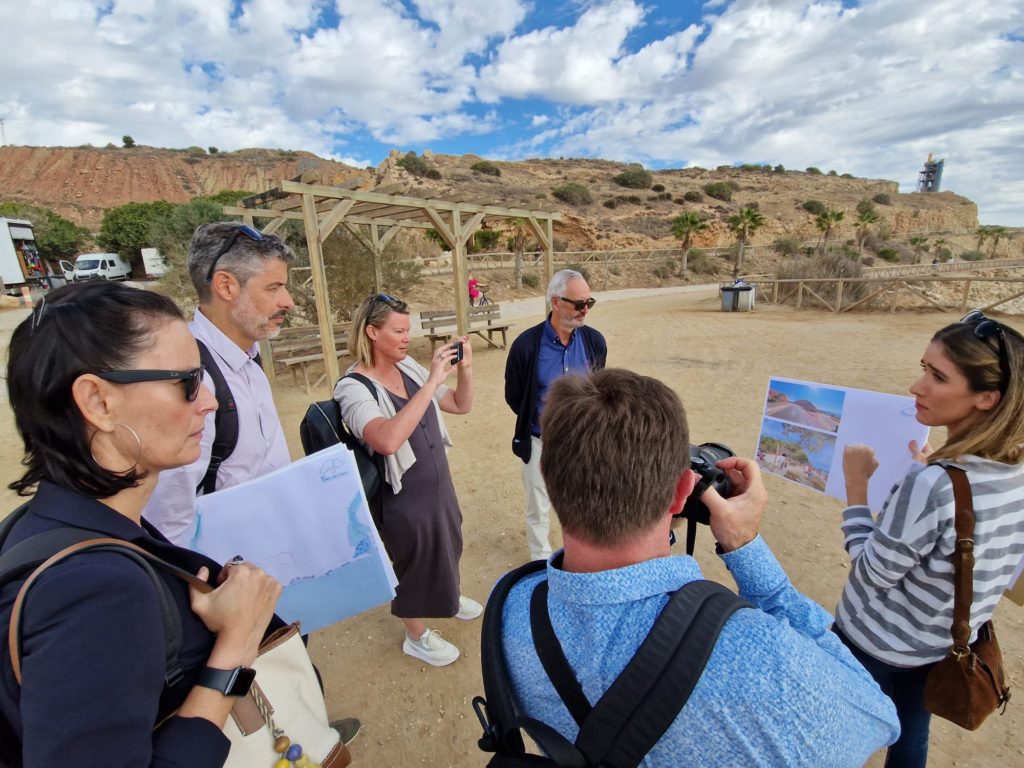
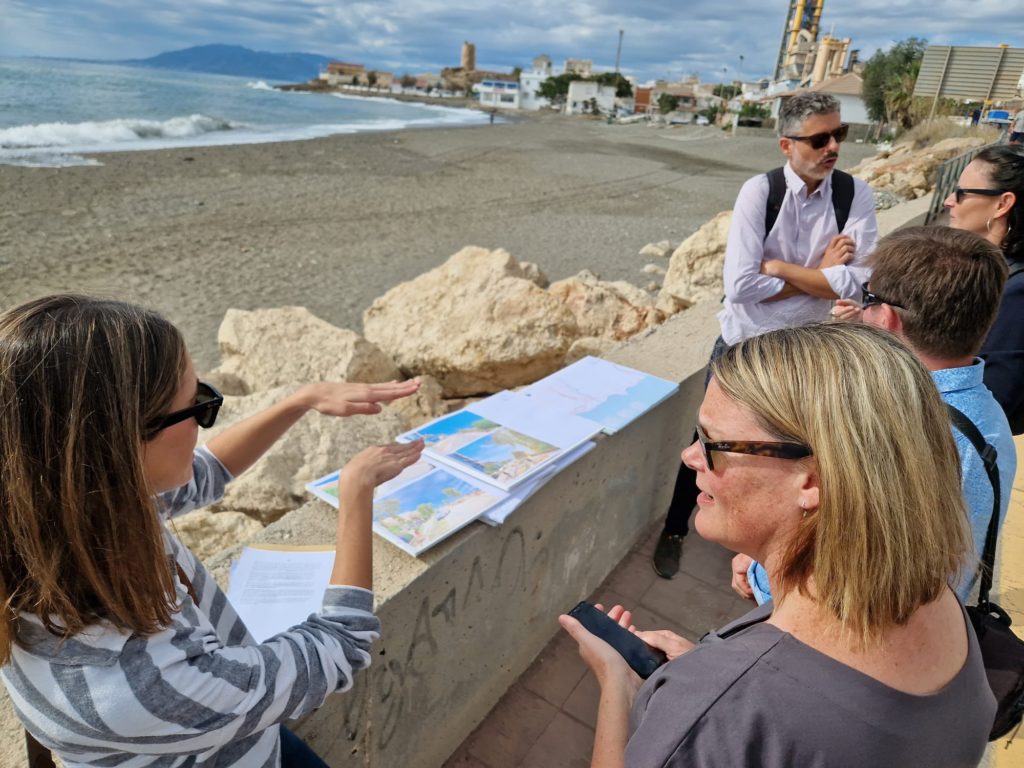
New Zealand experts then visited Vitoria Gasteiz, where they met Mayor Gorka Urtaran and Deputy Mayor Ana Oregi, who provided an overview of the city’s development path in the areas of internationalisation and urban development. Juan Carlos Escudero and Ane Itziar from the City’s #EnvironmentalCentre (CEA) introduced the main sustainability features of Vitoria-Gasteiz, which was awarded EU Green Capital 2012. The 3-day exchanges focused on #SmartCity,#Mobility, #retrofittingNeighborhoods towards #energyEfficiency, urban farming, and #SmartSpecialisation. “#EU support to #retrofittingNeighborhoods towards #energyEfficiency, #mobility and #publicSpace crucial to increase citizens acceptance”, stated Deputy Mayor Ana Oregi.
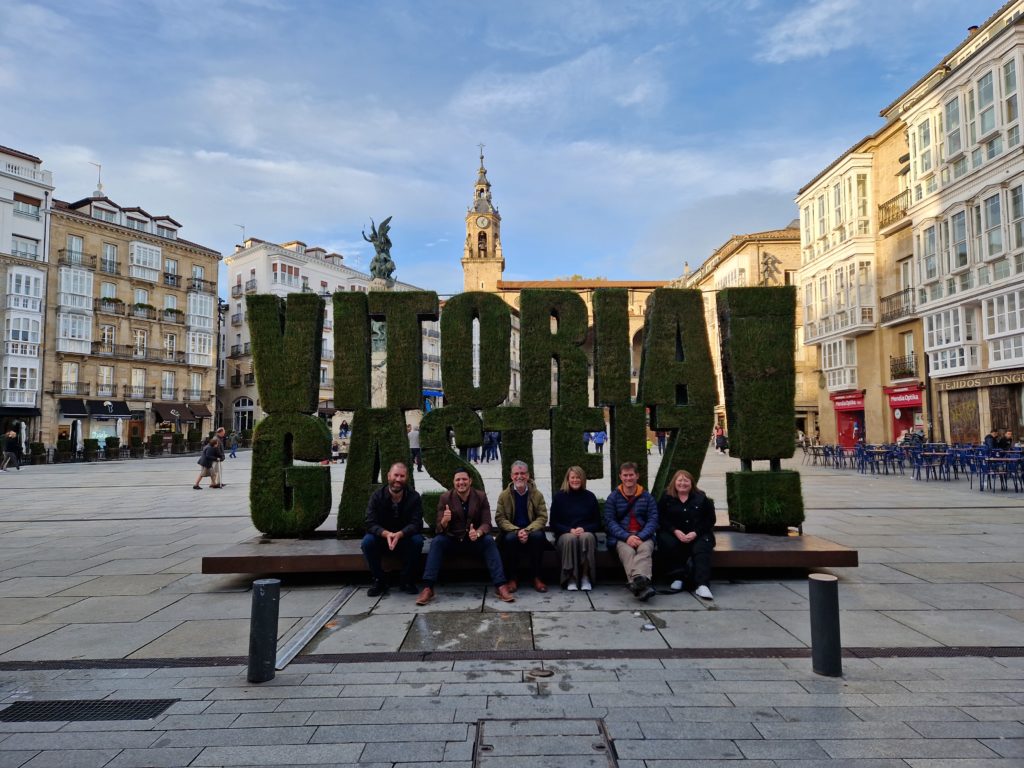
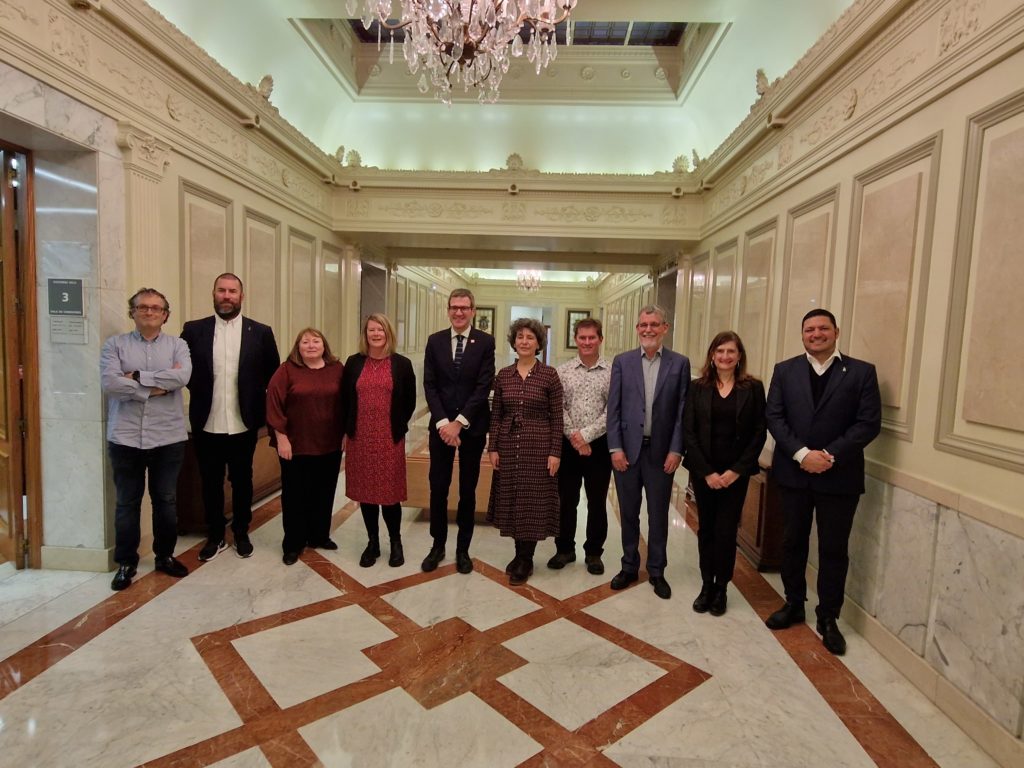
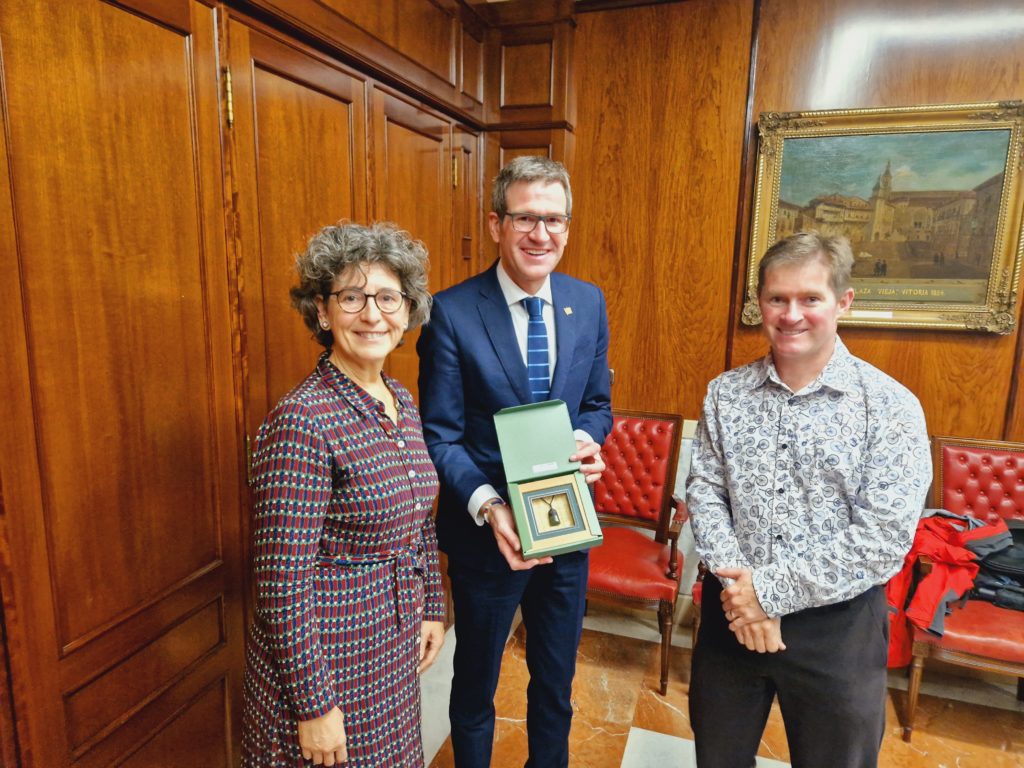
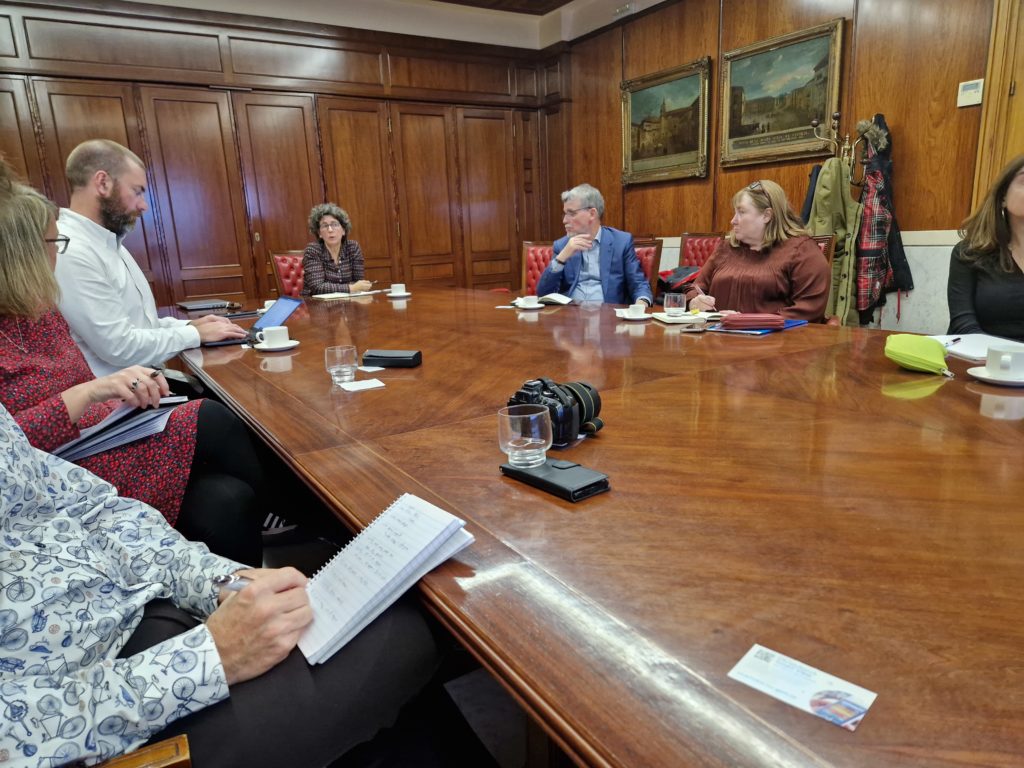
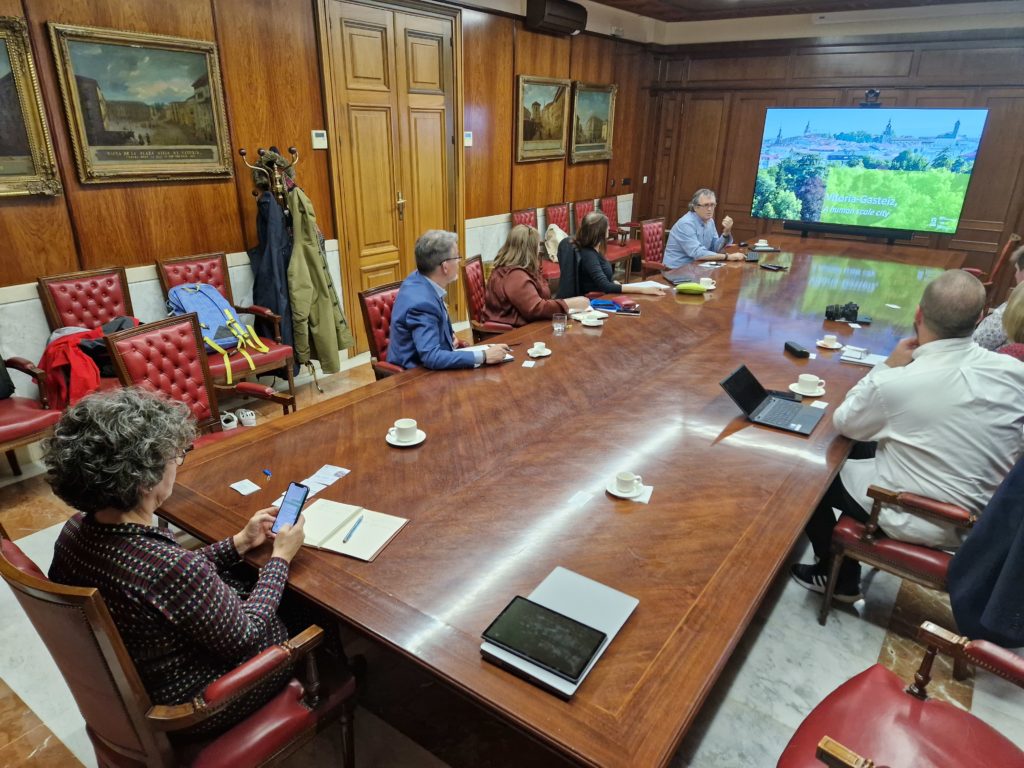
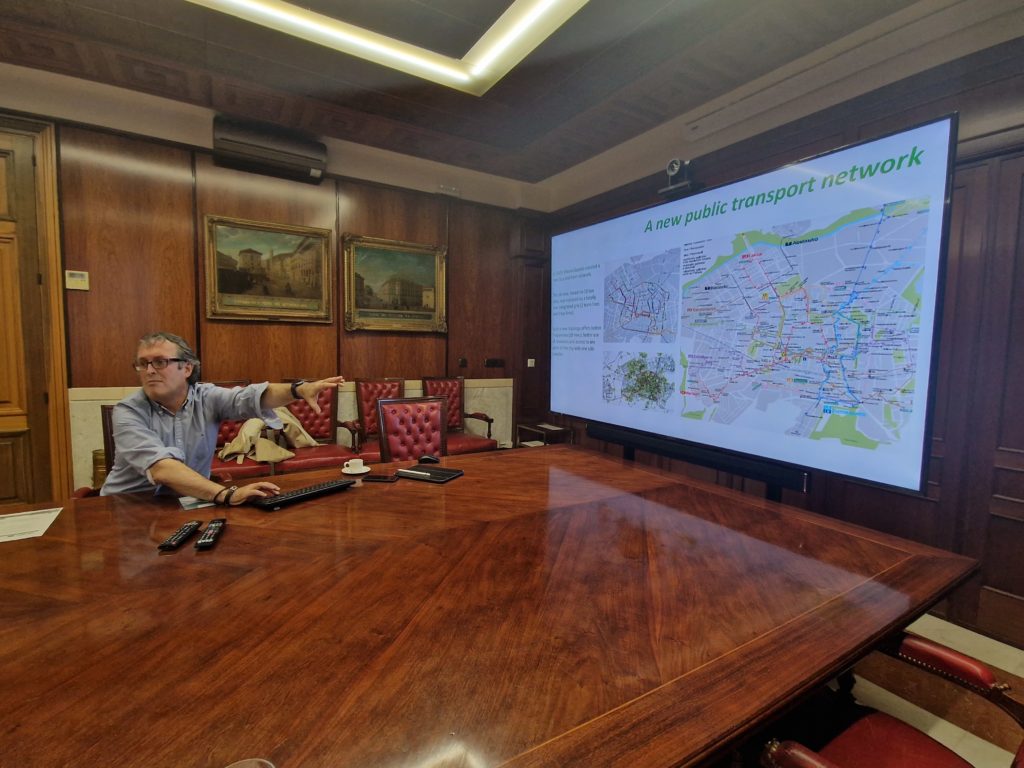
Christchurch delegates were able to see several best practices for monitoring the implementation of the #SDGs in the city, as well as to fostering community engagement through urban farming. Vitoria-Gasteiz city experts showcased several mobility services and facilities, including public parking spaces for bicycles as well as light railway (tram). They also visited several private buildings which have been retrofitted toward energy efficiency based on public consultations with the community. These projects have been co-funded by the EU through the European Regional Development Fund (ERDF).
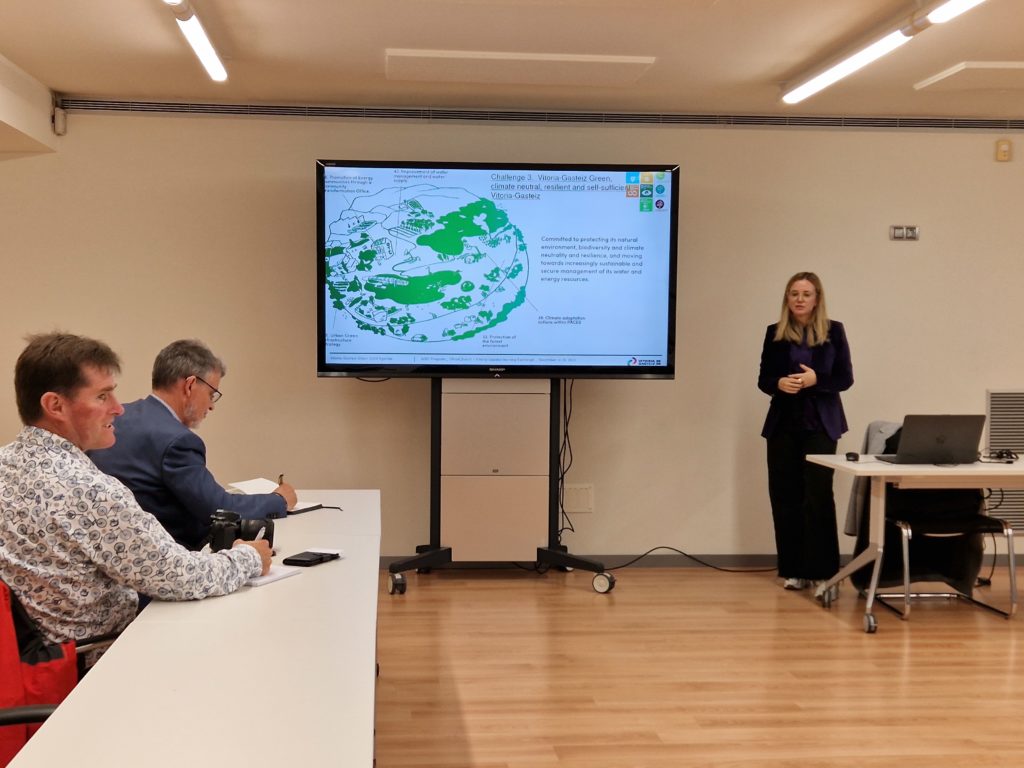
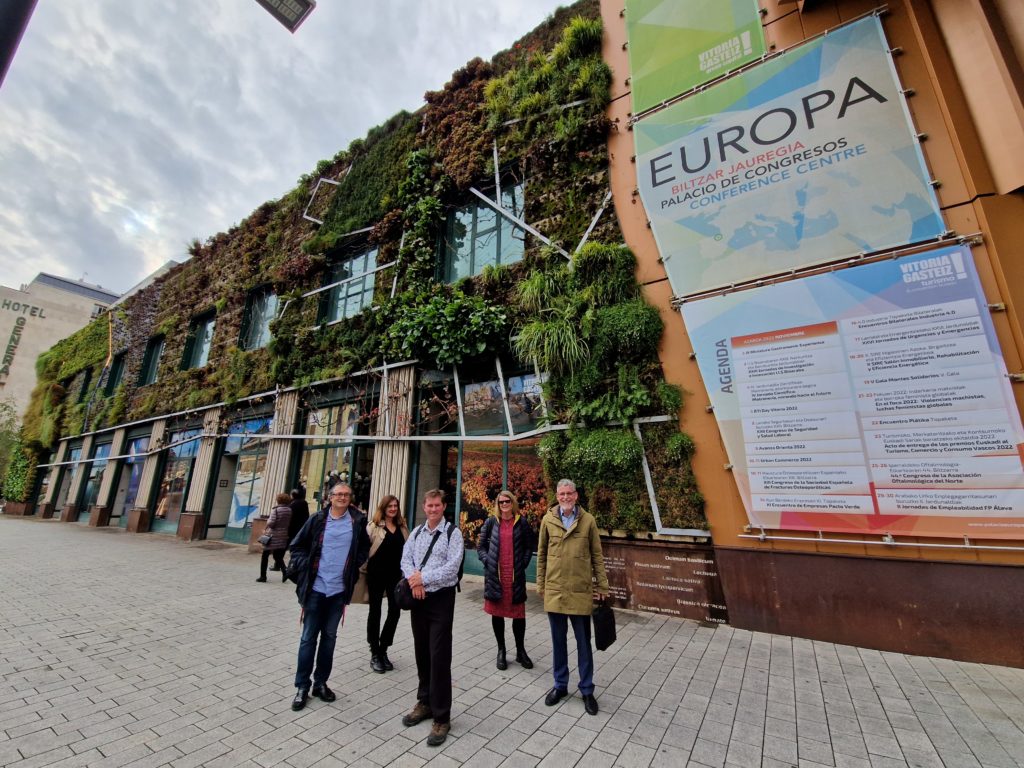
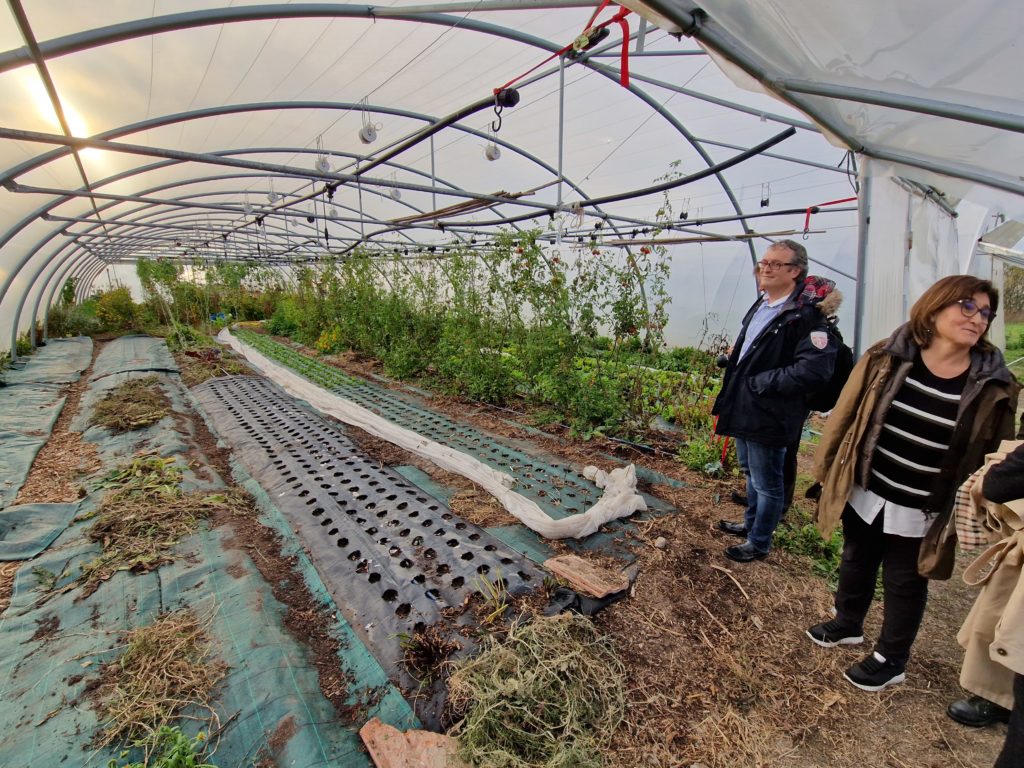
In parallel, Simon Anderson and Julianne Hughey visited two innovation and technology transfer centres in Vitoria Gasteiz and Bilbao. The mission ended with a debriefing session in which representatives from Christchurch and Vitoria-Gasteiz defined the common areas for further cooperation and discussed contents for the follow-up study visit from Vitoria-Gasteiz to Christchurch at the end of November 2022.
